Search Fellows
Click on a Fellow below to view more information or create your own search.
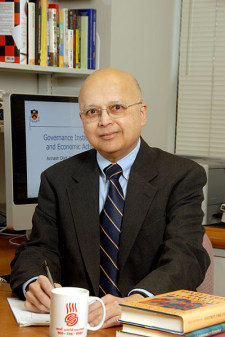
Avinash Dixit
Princeton University
Visiting Scholar
2002 to 2003
Avinash Dixit, the John J. F. Sherrerd '52 University Professor of Economics at Princeton University, will study alternative, non-state modes of economic governance. Much of economic theory assumes that an official legal system provides requisite governance for all economic transactions. Dixit will argue, however, that formal governance is a rarity, approximated only in a few advanced countries and only in recent times. In most countries and at most times, formal governance has been lacking, corrupt, or too slow to be effective.
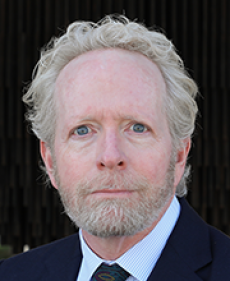
Frank Dobbin
Harvard University
Visiting Scholar
2019 to 2020
Dobbin will analyze the efficacy of university programs designed to increase diversity among faculty. He will merge data from a retrospective survey of hiring, promotion, diversity, and work-life policies at 670 universities with data on faculty demographics and professors’ career trajectories to study how different policies affect the composition of university faculty. He will evaluate which policies are most effective by race, ethnicity, gender, parental status, and discipline to develop an evidence-based rubric for increasing diversity that university administrators might implement.
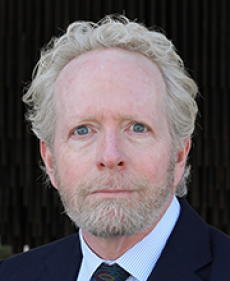
Frank Dobbin
Princeton University
Visiting Scholar
1998 to 1999
Frank Dobbin, associate professor of sociology at Princeton University, will write a history of employer anti-discrimination practices that describes how corporate managers and lawyers continually redefined discrimination in response to the changing legal climate of the past four decades. Dobbin will study how the development of special recruitment and training programs, formal evaluation and promotion systems, grievance mechanisms, "culture audits," and diversity workshops affected the representation of women and minorities in the workforce.
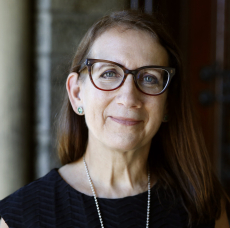
Katharine Donato
Georgetown University
Visiting Scholar
2017 to 2018
Donato will analyze how race and gender affect immigrant incorporation in the U.S. Using Census data, she will investigate immigrant women’s participation in the labor force and track how marital status and education affect economic outcomes of immigrants in comparison to the native-born. She will also draw from interviews with both immigrants and natives in Nashville, Tennessee to explore how immigrants assimilate by constructing and reconstructing their identities based on the existing racial hierarchy.
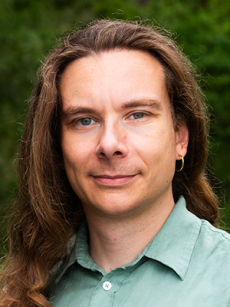
Lucas Drouhot
Utrecht University
Visiting Scholar
2024 to 2025
Drouhot will write a book (with collaborators René Flores and Edward Telles) proposing a new theoretical account of immigrant integration. Drawing on a unique national survey he fielded in 2023, Drouhot contends that the two current main theories of immigrant integration are limited by conceptual and methodological shortcomings which he will address using an inductive, data-driven approach.
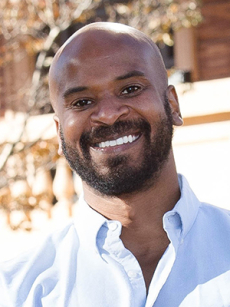
Waverly Duck
University of California, Santa Barbara
Visiting Scholar
2024 to 2025
Duck will explore the idea that exclusion and inequality hinder cooperation in society, affecting relationships, organizations, institutions, and societal structures. By examining the experiences of historically marginalized individuals, particularly racial, gender, and LGBTQ+ minorities, Duck will shed light on the hidden social order that remains unseen by those who are not marginalized.
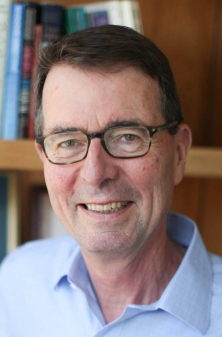
Greg J. Duncan
Northwestern University
Visiting Scholar
2004 to 2005
Greg Duncan, Edwina S. Tarry Professor of Education and Social Policy at Northwestern University, will write an accessible, non-technical book profiling Milwaukee's successful New Hope project, arguing that similar support programs for low-wage workers can and should be developed to assist people in climbing from poverty. He will also continue research investigating how the random pairing of college roommates with different ethnic and socioeconomic backgrounds impacts students’ views on racial and economic issues.
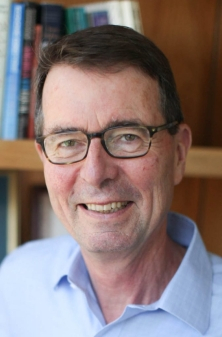
Greg J. Duncan
University of California, Irvine
Visiting Scholar
2016 to 2017
Duncan will study a number of programs that aim to increase the academic achievement of low-income children and youth. He will examine whether these interventions remain effective in the long run, and whether they help restore some of the social mobility that has been lost over the past several decades. He will develop a conceptual framework that identifies the early-childhood environments and practices that help youth develop skills, make the most of educational opportunities, and avoid risky behaviors later in life.
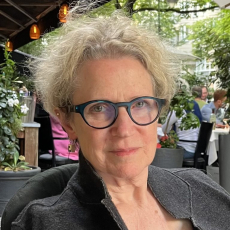
Colleen A. Dunlavy
University of Wisconsin-Madison
Visiting Scholar
1998 to 1999
Colleen A. Dunlavy, associate professor of history at the University of Wisconsin, Madison, will prepare a book on shareholder democracy in nineteenth-century Britain, France, Germany, and the United States. Although democratic corporate governance was originally the norm in all four nations, American firms responded to the organizational challenges of advanced industrialism by centralizing control, leading to the "great merger movement", while European firms favored cartel formation.
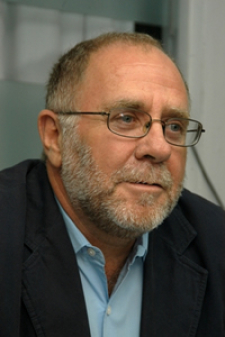
Jorge Durand
University of Guadalajara
Visiting Scholar
1999 to 2000
Jorge Durand, research professor of anthropology at the University of Guadalajara, will use the comprehensive survey data assembled by the Mexican Migration Project to test the hypothesis that the 1986 U.S. policy of border crackdowns and legalization drives transformed the nature of Mexican immigration to this country in ways the legislators never fully anticipated. Mexican immigration used to consist primarily of short-term, male workers shuttling back and forth across the border. After 1986, Mexican families came to settle here for good.
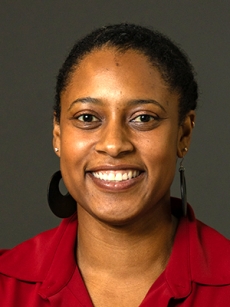
Arianne Eason
University of California, Berkeley
Visiting Scholar
2025 to 2026
Eason will interrogate the psychological causes for why children and adults maintain and perpetuate racial segregation, using survey and experimental methods. She hypothesizes that there is a mutually reinforcing cycle of segregation whereby structural segregation instills the perception that people prefer same-race peers. In turn, these perceptions are used to justify continued racial segregation.
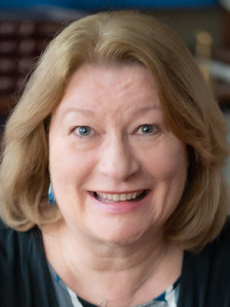
Penny Edgell
University of Minnesota
Visiting Scholar
2023 to 2024
Edgell will explore the decline of religious commitment and the increase in nonreligion and spirituality since 1990. She will analyze data from the American Mosaic Project, Beyond Christian Nationalism survey, and Nonreligious Engagement and Well-being survey along with secondary sources to develop a new framework for understanding the transformed landscape of religion in the United States.
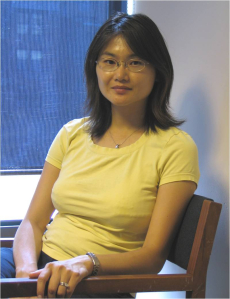
Lena Edlund
Columbia University
Visiting Scholar
2006 to 2007
Lena Edlund, Associate Professor of Economics at Columbia University, will use data from hospitals to examine how the incidence of child abuse varies by children’s age, gender, and their parents’ socio-economic level. She will present her findings in three research papers examining child physical abuse, sexual abuse, and Sudden Infant Death Syndrome (SIDS).
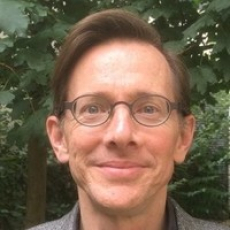
Stuart W. Elliott
Carnegie Mellon University
Visiting Scholar
1997 to 1998
Stuart W. Elliott, research fellow at Carnegie Mellon University, investigated the potential for commercial computers to replicate human work skills in the coming decades. Drawing on the latest research in computer science and analyses of occupational skill levels, Elliott assessed the implications of computerized labor for economic production and employment. Will computers compete only with lesser skilled workers, and if so, what portion of the current labor force would they displace? How would the productivity of higher skilled workers be affected?
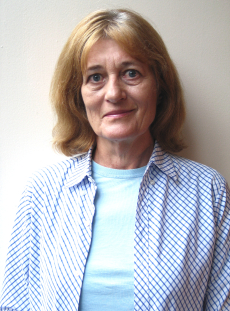
Phoebe Ellsworth
University of Michigan
Visiting Scholar
2007 to 2008
Phoebe Ellsworth, Frank Murphy Distinguished University Professor of Psychology and Law at the University of Michigan, and Samuel Gross, Thomas and Mabel Long Professor of Law at the University of Michigan Law School, will write a book investigating the causes and consequences of false convictions in criminal cases in the United States.
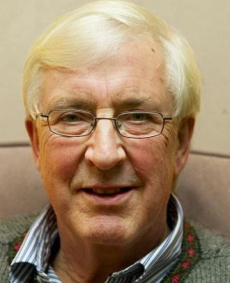
Jon Elster
Columbia University
Visiting Scholar
1996 to 1997
Jon Elster, professor of Political Science at Columbia University, spent a semester at the Foundation working on two projects, one on rationality and emotion and the other on the neurophysiological and behavioral explanations of addiction. A volume of essays, Getting Hooked: Rationality and Addiction, written by members of a working group of Norwegian and American scholars interested in addiction, is to be published by Cambridge University Press.
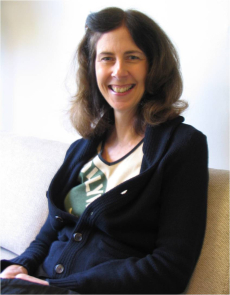
Jean Ensminger
California Institute of Technology
Visiting Scholar
2006 to 2007
Jean Ensminger, Professor of Anthropology at the California Institute of Technology, will write a book on the relationship between a society’s economic complexity and the altruism of its people, using data she collected from nomadic Kenyans and comparing them to urban Americans. Her work will explore how a person’s social network and access to information affects their willingness to trust others. She will also work on a project on the role that social and economic power play in changing social norms in a community.
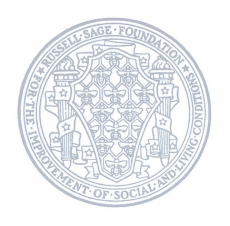
David Epstein
Columbia University
Visiting Scholar
2003 to 2004
David Epstein, associate professor of political science at Columbia University, and Sharyn O'Halloran, associate professor of political science and international affairs at Columbia University, will write a book that analyzes the impact of race-based districting on racial representation in Congress and on public policy. Epstein and O'Halloran will explore how districting strategies impact the ability of minority groups to affect the passage of legislation at both the national and state levels.
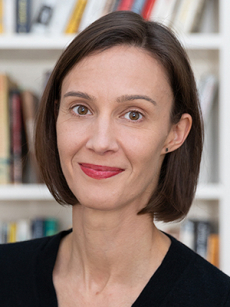
Ansley Erickson
Teachers College, Columbia University
Visiting Scholar
2024 to 2025
Erickson will write a narrative history of public education in New York City by focusing on one school –Wadleigh, in Harlem–over its 125-year lifespan. Erickson will explore the promises and limitations of democratic decision-making about schooling, particularly in the context of U.S. racism, by tracing major shifts in school governance, waves of school reform, and enduring community advocacy, as she addresses a crucial question: who decides?
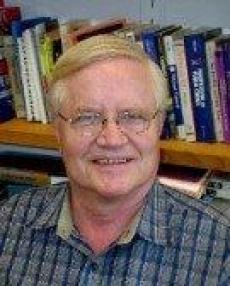
Robert S. Erikson
Columbia University
Visiting Scholar
2013 to 2014
Erikson will write a series of articles that investigate low voter turnout in the United States. Using multiple survey sources, Erikson will scrutinize the assumption that if nonvoters were to partcipate, their political behavior would not be very different from that of currently active voters.
